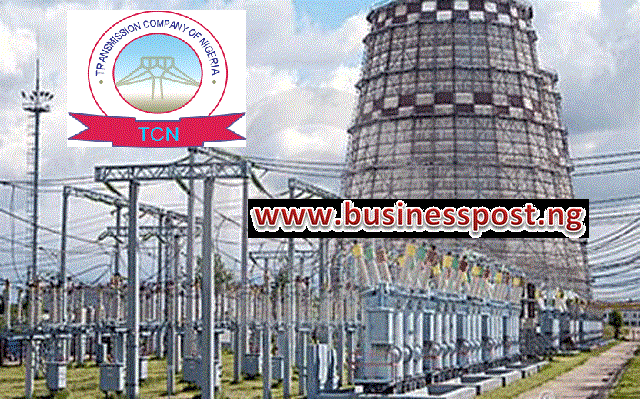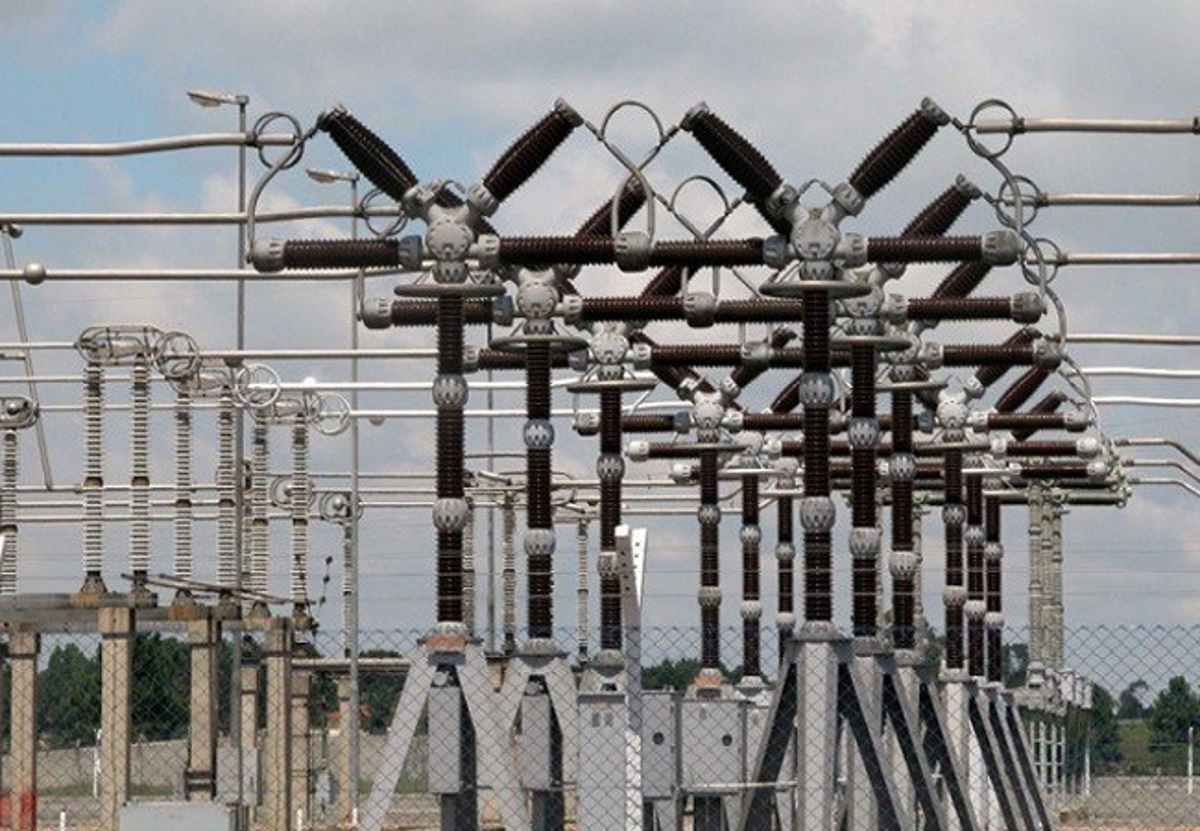Economy
DISCOs Demands 200% Electricity Tariff Hike
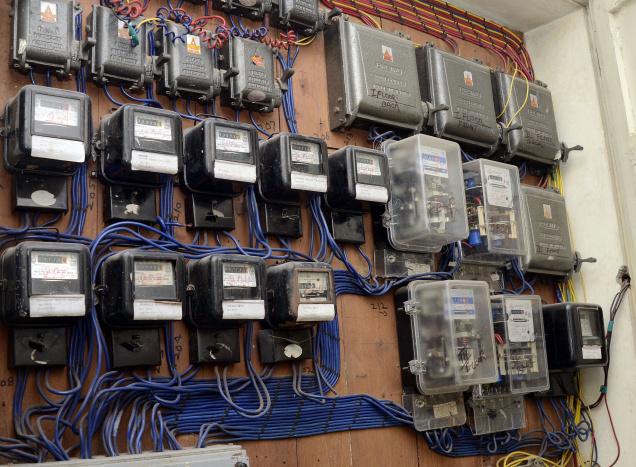
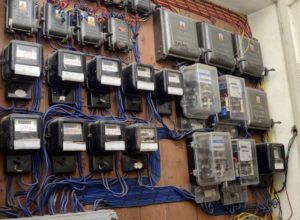
By Ebitonye Akpodigha
Nigerians may have to be getting ready to pay more for electricity they consume, barely eight months they were earlier forced to do so by the government.
This is because power firms in the country are appealing to the Federal Government to approve another increase in electricity tariff by 200 percent.
They last increment done was by 45 percent, though there have been a slight improvement in electricity supply in some parts of the country. However, most consumers are yet to be metred by the power firms.
The power distribution companies fondly called DISCOs have written a proposal to the government, asking for the go-ahead to charge electricity consumers in Nigeria an average energy charge of N105 per kilowatt-hour from the current approved rate of 22.8KWH.
According to Punch, the DISCOs attributed their latest push for tariff increase to high inflation rate in the country, scarcity of foreign exchange, devaluation of the naira and the huge debts being owed them.
Already, they have hinted the Nigerian Electricity Regulatory Commission (NERC) about the proposal but no action had been taken on it yet.
Chief Executive Officer, Association of Nigerian Electricity Distributors, an umbrella body for the DISCOs, Mr Azu Obiaya, confirmed the latest agitation for tariff increase, in an interview with our correspondent, stressing that it was important to raise the tariff in order to remain in business and serve the people well.
Mr Obiaya said, “To review the tariff, we will be looking at an average rate of N70 per kilowatt-hour for residential consumers. But some Discos will like to have the rate as high as N105/kWh.”
Each Disco has a fixed energy charge payable by its customers. The highest charge, according to documents obtained by our correspondent from NERC for the year 2016, is N32.26/KWH and this is payable by R2 consumers under the Jos Electricity Distribution Company.
The lowest energy charge of N15.83/KWH is payable by R2 customers who get power from Ikeja Electricity Distribution Company.
A further analysis shows that the average energy charge for all the 11 Discos is N22.8/KWH.
But the Discos were said not to be comfortable with the current rate, as they argued that it was not cost reflective and was hampering the required expansion of infrastructure as well as the smooth flow of operations.
Mr Obiaya, who spoke to our correspondent on the sidelines of a power dialogue in Abuja on Thursday, said the debts owed power distribution companies by private homes, businesses and government ministries, departments and agencies post-privatisation amounted to N568bn.
He also stated that one reason many Discos had not metered their customers was due to the huge debts owed them, as well as the tariff issue.
This, he said, had hampered the operations of the different Discos, a development that had made it difficult for the companies to meet the funds remittances required of them by the Market Operator.
Mr Obiaya said, “Discos are experiencing revenue shortfall on a monthly basis of N38bn. As of June 2016, the MDAs owed the Discos N53bn post-privatisation.
“The books of the Discos are so bad that they have no chance anymore to access finance. These books do not reflect the cash flow that is necessary for them to be taken seriously by any lender.”
A senior official at NERC told our correspondent that although the Discos had been calling for an upward review in tariff, the regulator had not considered their demand.
“The minor review of tariff is ongoing at present but NERC has yet to consider their plea for such increase in tariff, although the economic fundamentals in Nigeria have seriously changed and are now so high,” the official said.
When contacted, the National Secretary, National Electricity Consumers Advocacy Network, Mr Obong Eko, stated that NECAN would never support such move.
He described the move as the peak of insensitivity to the flight of Nigerian masses.
He said, “They’ve been flying the kite for some time now because the last time tariff review was done was when the exchange rate for one United States dollar was about N190. But now, one dollar is close to N500; and the price of gas in the international market has gone up too.
“Despite all these, it will still be so unreasonable to come out to announce an increase in tariff now that Nigerians are going through severe suffering. Are they aware that people are dying of hunger? We can never support such move and we will resist it.”
Economy
Naira Extends Losing Streak, Falls to N1,356/$1 at NAFEX
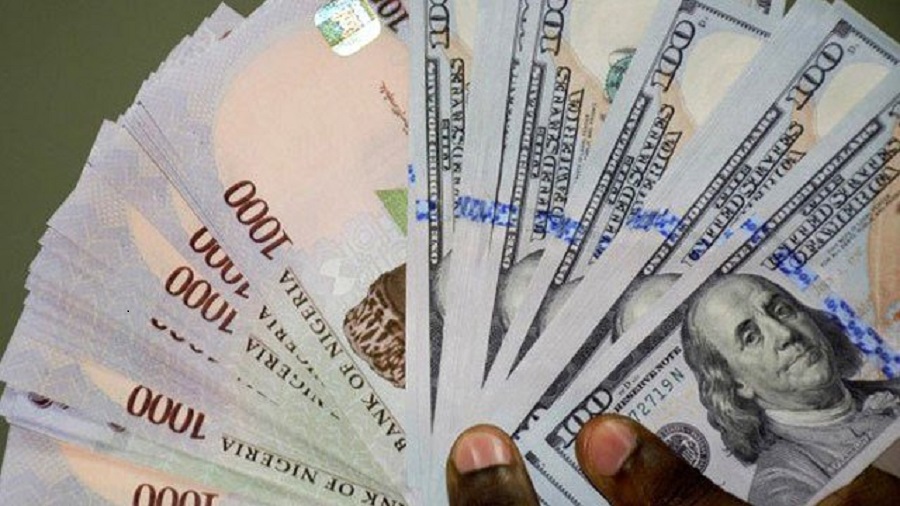
By Adedapo Adesanya
A 74 Kobo or 0.05 per cent decline was recorded by the Naira against the United States Dollar in the Nigerian Autonomous Foreign Exchange Market (NAFEX) on Wednesday, February 25, trading at N1,356.11/$1 compared with the N1,355.37/$1 it was traded on Tuesday.
The Nigerian currency also further depreciated against the Pound Sterling during the session in the official market by N6.70 to settle at N1,834.96/£1 versus the preceding day’s rate of N1,828.26/£1, and against the Euro, it tumbled by N4.94 to quote at N1,598.59/€1 compared with the previous session’s N1,596.36/€1.
In the same vein, the Nigerian Naira lost N6 against the Dollar at the GTBank forex desk to close at N1,367/$1, in contrast to N1,361/$1 it was exchanged a day earlier, and in the parallel market, it traded flat at N1,365/$1.
The continuation of the decline of the local currency has been tied to the Central Bank of Nigeria (CBN) buying US Dollars from the market to slow the rapid rise of the Naira.
The apex bank bought about $189.80 million to reduce excess Dollar supply and control how fast the Naira was gaining value.
The monetary policy committee (MPC) of the CBN on Tuesday reduced interest rates by 50 basis points to 26.50 per cent from 27 per cent after inflation eased in January 2026, a move analysts say is the best not to unsettle FX market, especially the Foreign Portfolio Investors (FPI_ inflows which have anchored much of the recent supply and weakened the recently restored monetary credibility.
“The 50bps move therefore provides a clear directional signal while still keeping overall monetary conditions restrictive, indicating the start of a shallow, data-dependent easing cycle rather than a radical shift to accommodative policy,” said Mr Kayode Akindele, CEO, Coronation Capital and Head, Coronation Research in an email.
As for the cryptocurrency market, benchmarked tokens rebounded in double digits, driven by bearish positioning and thin liquidity rather than by clear fundamental catalysts, with Cardano (ADA) growing by 16.2 per cent to $0.3015, and Solana (SOL) appreciating by 12.3 per cent to $88.66.
Further, Ethereum (ETH) surged 11.9 per cent to $2,076.66, Litecoin (LTC) expanded by 11.5 per cent to $57.15, Dogecoin (DOGE) rose by 11.5 per cent to $0.1025, Binance Coin (BNB) advanced by 7.6 per cent to $629.76, Ripple (XRP) jumped 7.2 per cent to $1.45, and Bitcoin (BTC) added 6.4 per cent to sell for $68,136.72, while the US Dollar Tether (USDT) and the US Dollar Coin (USDC) remained unchanged at $1.00 apiece.
Economy
Oil Prices Stabilise as US Crude Build Counters Supply Disruption Threat

By Adedapo Adesanya
Oil prices settled largely unchanged on Wednesday amid a build in American crude stockpile and the threat to oil supply from potential military conflict between the US and Iran.
Brent futures chalked up 8 cents to trade at $70.85 a barrel, while the US West Texas Intermediate (WTI) futures settled lost 21 cents to close at $65.42 per barrel.
Crude oil inventories in the US increased by 16 million barrels during the week ending February 20, according to new data from the US Energy Information Administration (EIA) released on Wednesday.
The decrease brings commercial stockpiles to 435.8 million barrels according to government data, which is still 3% below the five-year average for this time of year.
The EIA’s data release follows figures by the American Petroleum Institute (API) that were released a day earlier, which reported that crude oil inventories rose by a massive 11.4 million barrels in the period.
The market continued to weigh the possibility extended conflict could disrupt supplies from Iran, the third-biggest crude producer in the Organisation of the Petroleum Exporting Countries (OPEC) and other countries in the Middle East.
US President Donald Trump verbally attacked Iran, saying he would not allow a country he described as the world’s biggest sponsor of terrorism to have a nuclear weapon.
This comes as US envoys are due to meet an Iranian delegation for a third round of talks on Thursday in Geneva, Switzerland.
Reuters reported that OPEC+ is considering raising its oil output by 137,000 barrels per day for April to end a three-month pause in production increases. This is as the group prepares for peak summer demand and tensions between the US and Iran boost prices.
Eight OPEC+ producers – Saudi Arabia, Russia, the United Arab Emirates, Kazakhstan, Kuwait, Iraq, Algeria and Oman – meet on March 1.
An increase of 137,000 barrels per day for April would be the same as those agreed for December, November and October last year.
In a separate development, Saudi Arabia has activated a plan for a short-term oil output and export surge in case a US strike on Iran disrupts flows from the Middle East, said two sources familiar with the Saudi plan.
Tariff uncertainty also further worried investors after President Trump’s temporary global tariff of 10 per cent took effect on Tuesday after the Supreme Court’s sweeping ruling last week. He later said the levy would be 15 per cent, but it was unclear when and if it would apply.
Economy
LIRS Urges Taxpayers to File Annual Returns Ahead of Deadline

By Modupe Gbadeyanka
All individual taxpayers in Lagos State have been advised to file their annual tax returns ahead of the March 31 deadline.
This appeal was made by the Lagos State Internal Revenue Service (LIRS) in a statement issued by its Head of Corporate Communications, Mrs Monsurat Amasa-Oyelude.
The notice quoted the chairman of LIRS, Mr Ayodele Subair, as saying that timely filing remains both a constitutional and statutory obligation as well as a civic responsibility.
The statutory filing requirement applies to all taxable persons, including self-employed individuals, business owners, professionals, persons in the informal sector, and employees under the Pay-As-You-Earn (PAYE) scheme.
In accordance with Section 24(f) of the 1999 Constitution of the Federal Republic of Nigeria, Sections 13 &14(3) of the Nigeria Tax Administration Act 2025 (NTAA), every individual with taxable income is required to submit a true and correct return of total income from all sources for the preceding year (January 1 to December 31, 2025) within 90 days of the commencement of a new assessment year.
“Filing of annual tax returns is not optional. It is a legal requirement under the Nigeria Tax Administration Act 2025. We encourage all Lagos residents earning taxable income to file early and accurately.
“Early and accurate filing not only ensures full adherence with statutory requirements, but supports effective monitoring and forecasting, which are critical to Lagos State’s fiscal planning and long-term sustainability,” Mr Subair stated.
He further noted that failure to file returns by the statutory deadline attracts administrative penalties, interest, and other enforcement measures as prescribed by law.
To enhance convenience and efficiency, all individual tax returns must be submitted electronically via the LIRS eTax portal at https://etax.lirs.net. The platform enables taxpayers to register, file returns, upload supporting documents, and manage their tax profiles securely from anywhere.
In keeping with global best practices, Mr Subair reiterated that LIRS continues to prioritise digital tax administration and taxpayer support services. He affirmed that the LIRS eTax platform is secure and accessible worldwide. Taxpayers requiring assistance may visit any of the LIRS offices or other channels.
-

 Feature/OPED6 years ago
Feature/OPED6 years agoDavos was Different this year
-
Travel/Tourism10 years ago
Lagos Seals Western Lodge Hotel In Ikorodu
-

 Showbiz3 years ago
Showbiz3 years agoEstranged Lover Releases Videos of Empress Njamah Bathing
-

 Banking8 years ago
Banking8 years agoSort Codes of GTBank Branches in Nigeria
-

 Economy3 years ago
Economy3 years agoSubsidy Removal: CNG at N130 Per Litre Cheaper Than Petrol—IPMAN
-

 Banking3 years ago
Banking3 years agoSort Codes of UBA Branches in Nigeria
-

 Banking3 years ago
Banking3 years agoFirst Bank Announces Planned Downtime
-

 Sports3 years ago
Sports3 years agoHighest Paid Nigerian Footballer – How Much Do Nigerian Footballers Earn




